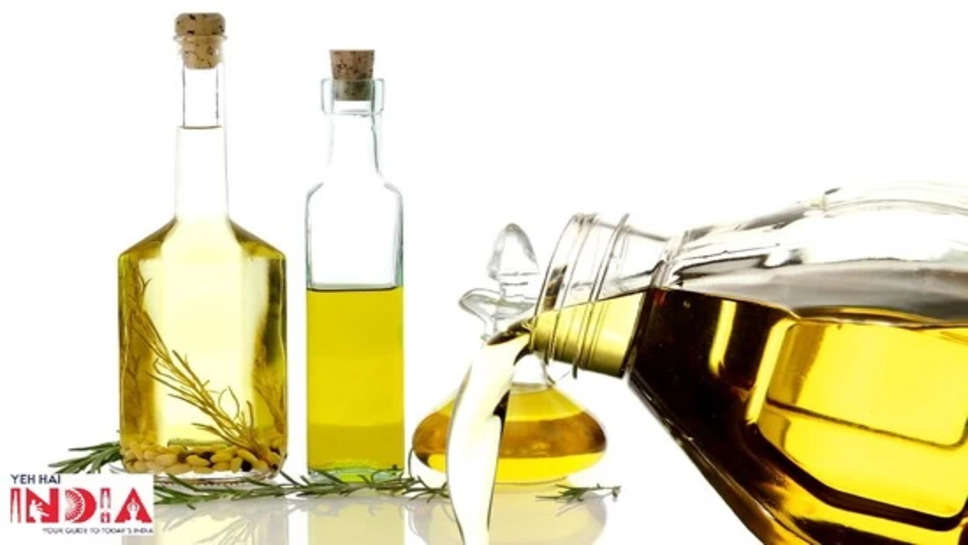Which Is Better For Your Health Among Refined & Unrefined Oil? Here Are The Facts

Cooking Oil is an essential part of Indian cuisine, as it is a typical element in most dishes prepared in Indian households. Many types of food cannot be cooked without a specific oil. In addition to adding flavor to the food, oils have an influence on our health. There are three main types of oil used in the kitchen – Cold pressed oil, refined oil and unrefined oil.
Even though there has been much discussion about the pros and cons of consuming different types of oils, little attention has been paid to the contrast between refined and unrefined oils. Ultimately, the choice of which oil is better for us comes down to two major factors - health and consumer awareness.
Refined Vs Unrefined Oil:
Refined Oil
Clarifying and sifting crude and raw oil to get rid of toxic elements yields refined oils. These oils are usually lighter, purer, and free from bad odors than their unrefined versions. However, the extraction of these oils brings about a reduction in the nutrients, fragrance, and flavor of the seeds. To speed up the process of oil extraction, heating is generally used, which in turn allows for more oil to be obtained. After this, the oil is treated with artificial ingredients and is subjected to deodorizing and bleaching. Refined oils contain high amounts of Omega-6 fatty acids and PUFs, which are also known as rancid polysaturated fatty acids.
Unrefined Oil
Unrefined oils have not been processed with heat or any other type of artificial manipulation after extraction. These oils retain their natural state when taken out of the source and are not exposed to chemicals or deodorized. These oils are ideal for consumer use because they maintain their original color, smell, and flavor. Not all oils are available in unrefined form, but they are preferred in India due to the high amount of nutrients, such as oleic acid, omega-3, and omega-6.
Major differences:
Refined oils generally contain fewer natural ingredients and nutrients than their unrefined counterparts. After being extracted, these oils are also given artificial scents and flavors, unlike the unrefined type which has no additives, chemical compounds, or synthetic elements. Refined oils are exposed to intense heat during the extraction process, while unrefined oils have minimal to no heat applied. Refined oils are also bleached, decolorized, and deodorized to get rid of their strong scent, while unrefined oils don't undergo these processes and retain their original flavor, smell, and essence.
Which oil is healthy for your consumption?
The limited selection of unrefined oils available provides a plethora of benefits for your health, such as the organic compounds, vitamins, and nutrients they possess. Common unrefined oils in the Indian market include extra virgin olive oil, almond oil, coconut oil, sesame oil and avocado oil, all of which are highly edible, easy to consume, and safe to use in the kitchen.


